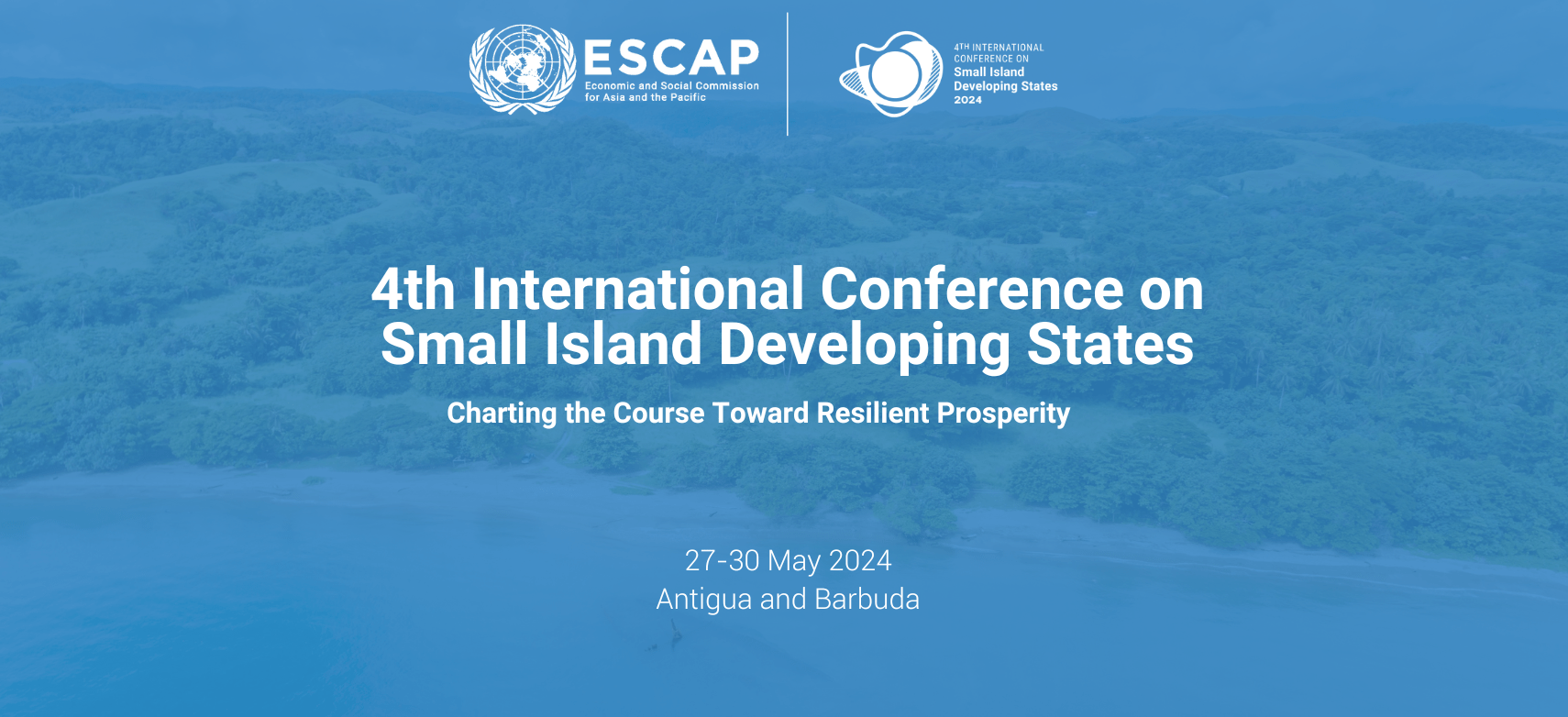





Disclaimer: Copyright infringement is not intended.
Context:
The Fourth International Conference on Small Island Developing States (SIDS-4):
Global Environment Facility and SIDS:
Issues Faced by Small Island Developing States (SIDS)
Sea-Level Rise:
Increased Frequency and Intensity of Natural Disasters:
Water Scarcity:
Biodiversity Loss:
Economic Vulnerability:
Way Ahead for SIDS:
Source:
|
PRACTICE QUESTION Q. Consider the following statements about the Fourth International Conference on Small Island Developing States (SIDS-4):
Which of the statements given above are correct? a) 1 and 2 only Answer: b) 2, 3, and 4 only Explanations: ●Statement 1: Incorrect. ○The conference was not held in Barbados; it took place in Antigua and Barbuda. This is a significant detail because the venue reflects the host nation's role in highlighting the challenges and opportunities for Small Island Developing States (SIDS). ●Statement 2: Correct. ○The theme of the Fourth International Conference on Small Island Developing States (SIDS-4) was “Charting the course toward resilient prosperity.” This theme emphasizes the goal of guiding SIDS towards resilience and sustainable economic growth, acknowledging their unique vulnerabilities and the need for tailored strategies. ●Statement 3: Correct. ○One of the key outcomes of the conference was the adoption of the Antigua and Barbuda Agenda for SIDS (ABAS). This agenda is a new 10-year action plan specifically designed to address the development needs of SIDS. The formal adoption of ABAS by UN Member States underscores a commitment to a focused, forward-looking, and action-oriented approach to supporting these nations. ●Statement 4: Correct. ○The conference aimed to assess the ability of SIDS to achieve sustainable development, including the targets set out in the 2030 Agenda for Sustainable Development and its Sustainable Development Goals (SDGs). This assessment is crucial as it helps identify gaps, challenges, and opportunities for SIDS to progress towards these international development goals, considering their unique circumstances. |







© 2025 iasgyan. All right reserved